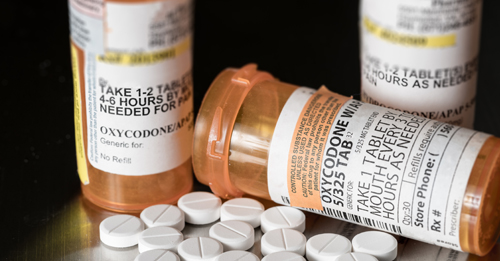The hair relaxer litigation is gaining serious traction as it moves into a critical phase. With thousands of plaintiffs and mounting scientific scrutiny, the case has captured national attention for its focus on the long-term health risks associated with chemical hair straighteners—products disproportionately marketed to and used by women of color. As momentum builds, the court is taking significant steps to evaluate the scientific foundation of the claims, including the upcoming science day scheduled by Judge Mary M. Rowland.
The Purpose of Hair Relaxer Science Day
To support the court’s understanding of the complex medical and scientific issues at stake, Judge Mary M. Rowland has scheduled a science day for January 8, 2026, in the federal multidistrict litigation involving chemical hair relaxer products. This proceeding marks a pivotal point in the case, as both plaintiffs and defendants present scientific and medical findings to help the court better understand the complex health issues at the heart of the litigation.
Unlike a formal hearing, science day is a non-adversarial and educational event—no sworn testimony, no cross-examination—designed to offer an impartial overview of the emerging science. Plaintiffs’ experts will present in the morning, followed by the defense in the afternoon. Topics are expected to include links between hair relaxers and hormone-related injuries such as uterine cancer, fibroids, and other reproductive health concerns. Judges presiding over related state court actions may also attend.
How Science Day Influences Future Litigation
While science day is not binding, it often plays a crucial role in shaping the court’s understanding of the evidence and can influence future rulings on admissibility and expert testimony. For those following this litigation—or representing individuals harmed by chemical hair relaxers—January’s session is one to watch closely.
A Deeper Look into the Hair Relaxer Lawsuit
On November 15, 2022, a Motion to Transfer was submitted to the U.S. Judicial Panel on Multidistrict Litigation (JPML) by plaintiffs seeking to consolidate all pending hair product litigation cases filed against a number of defendants, including cosmetics giant L’Oreal, for injuries allegedly sustained by the use of Defendants’ hair care products. Plaintiffs claim that exposure to the endocrine-disrupting chemicals found in the defendants’ hair relaxer products caused “disruption of the endocrine system and various types of cancer and other health problems, including, without limitation, uterine cancer, breast cancer, uterine fibroids, endometriosis, and pre-term childbirth delivery”. As the Motion states, these products have been sold since the 1970s and have been specifically targeted to women of color:
Beginning in the 1970s, Defendants began designing, manufacturing, marketing, and selling hair relaxer products, primarily to African-American customers, across the United States and around the world. Hair relaxer products are classified as creams or lotions and are specifically marketed to women of color to straighten their hair, which in its natural state is typically characterized by dense curls that “naturally grows up and out.”
Key Scientific Studies and Plaintiff Claims
To date, nine hair product litigation cases have been filed by thirteen plaintiffs in the Northern District of Illinois, Northern District of California, Southern District of New York, and Southern District of Georgia. An article published on October 17, 2022 in The Journal of the National Cancer Institute cites a National Institutes of Health study that examined associations between frequent hair product use (four or more times a year) and the incidence of uterine cancer, and discovered the “first epidemiologic evidence of association between use of straightening products and uterine cancer.”
Plaintiffs note that Black and Brown women are more likely to use hair straightening products, noting product use often starts in adolescence; they cite pressure created by prevalent societal norms and highlight the tactics used by the defendants to market primarily to women of color. In a recent press release, plaintiffs’ attorneys Ben Crump and Diandra “Fu” Debrosse Zimmermann of DiCello Levitt, point out “Black women have long been the victims of dangerous products specifically marketed to them……Black hair has been and always will be beautiful, but Black women have been told they have to use these products to meet society’s standards. We will likely discover that (plaintiff) Ms. Mitchell’s tragic case is one of countless cases in which companies aggressively misled black women to increase their profits.”
Plaintiffs’ Motion has requested that the lawsuits be transferred and consolidated in Chicago, in the Northern District of Illinois, citing a “strong factual connection to the litigation” given the large minority population and the fact that one of the defendants, Namaste, has its principal place of business in Chicago. It is suspected that the JPML will hear the Motion on January 26 in Miami, FL.
Expert Litigation Support for Hair Relaxer MDL Firms
Verus is closely monitoring the developments in this MDL and supporting law firms with expert case management, data analysis, and claimant services. Our team stands ready to help you prepare for what’s ahead.
If your firm is litigating in the hair relaxer MDL or related actions, connect with Verus to learn how our experience and tools can support your case strategy.







